Practical power direction can propel SOE fortunes
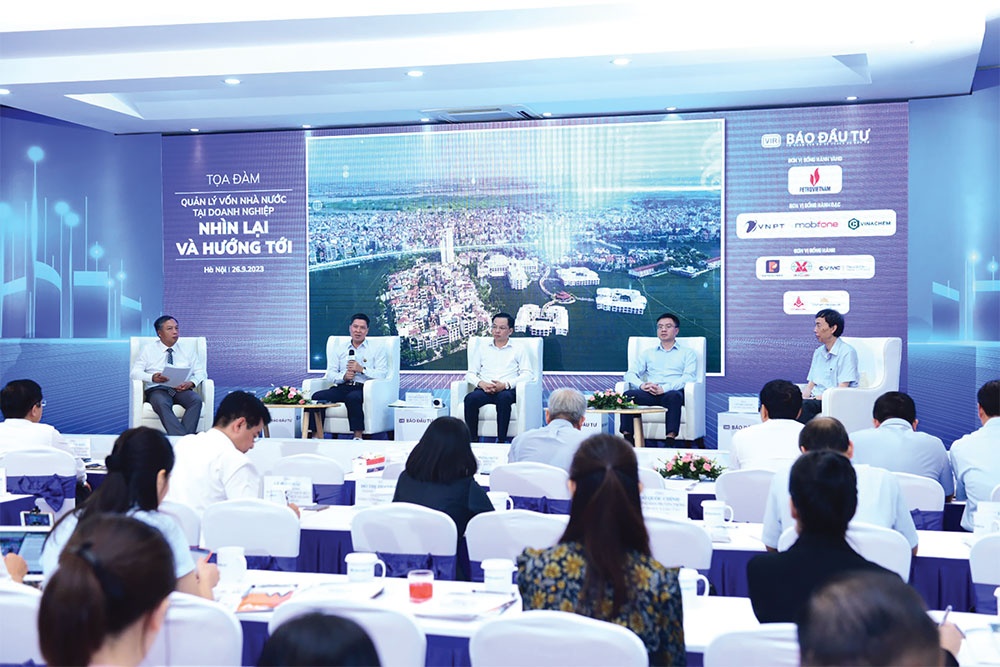 |
| Practical power direction can propel SOE fortunes |
At a seminar last week co-hosted by VIR and the Commission for the Management of State Capital at Enterprises (CMSC), Pham Van Son, head of the CMSC’s General Department, said that the 19 groups and corporations under it have undergone significant changes in the past few years.
As of the end of 2022, the total consolidated ownership capital of these groups and corporations accounted for approximately 63 per cent of the total equity and 65 per cent of the total assets of state-owned enterprises (SOEs).
“In comparison to 2018, the total consolidated equity increased from over $45.6 billion to more than $49.6 billion, and the total consolidated assets rose from over $98.5 billion to $103.8 billion. Key production and business indicators achieved annual growth,” he said.
Notably, these 19 groups and corporations have received approval, implemented, and completed investments in 185 group A projects and 455 group B projects. Since 2018, the commission, in tandem with various entities, has spearheaded developmental investment plans, with the aggregate investment value approximating to $32.47 billion.
However, SOEs are still facing limitations in their investment, production, and business activities. Nguyen Duc Trung, deputy director of the Enterprise Development Agency of the Ministry of Planning and Investment, pointed out several ways in which efficiency has not proportionally matched the resources they hold, falling short of expectations.
“Large SOEs have not clearly demonstrated their prominent role in leading, motivating, and driving the development of other economic components,” he said. “Some conglomerates and SOEs have reported negative profits, including significant and influential ones.”
Trung assessed that SOEs have not prioritised investments in motivating sectors and fields. Despite holding over 60 per cent of the nation’s resources, these entities have not undertaken large-scale development projects to provide impetus for growth, promote ripple effects, and enhance economic competitiveness, while the overall competitive capacity and the application of science and innovation remain limited.
“Certain ventures have faced delays in implementation, and the process of final settlement for fundamental construction projects has extended, diminishing the efficiency of resource utilisation,” he noted.
According to economist Vo Tri Thanh, related to the management of SOEs, it is essential to identify major issues.
“We often mention that SOEs struggle to be effective in a market economy due to conflicts of interest. This is something even private companies and joint-stock companies encounter,” he said. “Conflict can be reduced based on certain principles, the first being transparency, and the second being oversight.”
Thanh suggested that the principle committee should act as an investor, which can be likened to the model of a fund management company with various funds, each with different responsibilities and strategies. Some countries, including Singapore, employ a similar model.
“The capital management committee should be able to flexibly decide on investments, transfers from surplus in one conglomerate to another. There is also investment in acquiring technology, divesting from another company, and adapting to market demands, trends, and technology,” he explained, adding that this approach can be combined with sandbox testing in terms of autonomy, investment authority, and access to research and development.
Son of the CMSC believes that there is a need to decentralise and increase practical powers for the committee in coordinating capital between enterprises. “Some enterprises have surplus capital that they cannot use, while others lack capital, while the law does not allow capital to be allocated between units. This is causing a waste of resources that businesses are holding,” Son said.
In the same vein, Nguyen Duc Kien, head of the Economic Advisory Team to the Prime Minister, suggested a mechanism for allocating capital for a phase instead of assessing the efficiency of individual projects. This approach aims to provide greater autonomy to businesses for their medium and long-term plans.
“It’s not only about creating a transfer mechanism, but also about having the courage to implement it. This means there should be clear and specific regulations on effective capital utilisation; otherwise, no one would dare to do it,” he emphasised, suggesting that the Organisation for Economic Co-operation and Development corporate governance principles for SOEs may be considered for a more appropriate capital management approach.
| Seminar: State Capital Management in Enterprises: Looking Back and Moving Forward Over five years, the CMSC has reaffirmed the Party and state’s model and direction in enhancing transparent and efficient state capital management to meet the socioeconomic development needs of the country. This milestone has left a clear mark on the SOE reform process. The seminar provided an opportunity for experts, managers, and business leaders to reflect on the committee’s 5-year journey and underscore the role of SOEs. It aimed to propose directions and solutions to promote this vital economic arena. The seminar was attended by various enterprises including Vietnam Oil and Gas Group, Vietnam National Chemical Group, Vietnam National Coal-Mineral Industries Group, VNPT, MobiFone, and more. |
| Pham Van Son, Head of the General Department CMSC
The CMSC will continue to innovate and enhance the effectiveness of the committee, with several main tasks. First is providing direction for development and approval of strategies, business plans, and investment development of enterprises. Second is monitoring, supervising, and evaluating the performance of enterprises in implementing their strategies, business plans, and investment development, as well as preserving and developing state capital in enterprises, and directing the implementation of key political tasks assigned by the state. The third aspect is coordinating with other regulatory agencies to guide enterprises in accordance with the requirements of the government and the prime minister, and collaborating with state management agencies to improve policies and planning to create improvements for enterprise operations. The next area is strengthening and promoting proactivity in enterprises, the representatives of state capital in enterprises, and actively cooperating and supporting efficient business activities; while in principle refraining from intervening in the business and investment activities of enterprises. Finally, a long-term solution is to collaborate with the Ministry of Finance to study regulations as a legal basis to enhance decentralisation to the boards of directors and representatives of state capital in corporations as well as resolving problems for operations of enterprises and the commission. Nguyen Huu Tu, Deputy director-general Vinachem
Vinachem has achieved unprecedented success, reflected in its record-high revenue and profit in 2022. Additionally, the company’s export value has surpassed the $500 million mark, solidifying our position in the international market. The CMSC has played a significant role in Vinachem’s success. When facing challenges, particularly supply chain disruptions in the fertiliser sector, the leadership engaged with the committee to find solutions. Along with guidance from the committee, we proactively liaised with banks to address financial issues, collaborated with local authorities for production support, and partnered with other enterprises under the committee to ensure product sales. The company reviewed various production processes to reduce product costs and optimise business operations. Moreover, we made efforts to complete restructuring initiatives and manage debts. Nguyen Xuan Nam, Deputy general director Vietnam Electricity (EVN)
In addition to its economic goals, EVN has been entrusted with responsibilities for social wellbeing. The corporation must provide sufficient electricity for the people’s daily lives and for economic activities, both in urban and rural areas, remote regions, and islands. As an example, in remote and rural areas, EVN currently sells electricity at a retail price of only VND1,900 per KWh (8 US cents), even though the investment costs are high, leading to a production cost of up to VND7,000/KWh (29 US cents). This is just one example of the challenges the corporation is facing. Last year was a challenging one for EVN, which resulted in significantly increased prices for key inputs used in electricity production, such as coal, gas, and oil. At times, the price of coal increased fivefold, reaching $400 per tonne, and the price of oil doubled. This has raised the production cost of electricity and, consequently, the purchase price of electricity. Ho Sy Hung, Vice chairman Commission for the Management of State Capital at Enterprises (CMSC)
After five years of establishment, the CMSC has essentially fulfilled its functions, tasks, and responsibilities as the state capital representative for 19 state-owned groups and corporations. There have been positive changes, such as addressing long-standing issues and actively collaborating with state management agencies to overcome investment difficulties, managing state capital and assets, reorganising state-owned land, managing state assets, and divesting state capital. This has led to the resolution of obstacles and the implementation of numerous large-scale projects. The groups and corporations have shown good economic and social growth, demonstrating that the separation of the state ownership representative function from state management functions is appropriate. However, there are still challenges in state capital management within the commission’s model and in the business operations of these groups and corporations. These challenges are affecting the progress of many production, investment, and business plans, including critical projects that play a major role in the economy. Recent meetings between the government’s permanent members and state-owned enterprises have highlighted these delays. One of the top priorities and solutions for the commission in the coming years is to further improve its model, delegate functions, tasks, powers, and responsibilities in a more appropriate manner. This includes enhancing the autonomy of enterprises and state capital representatives in enterprises, actively coordinating and supporting effective business activities. In principle, there should be no interference in the production, business, and investment activities of enterprises. Nguyen Duc Trung, Deputy director Enterprise Development Agency Ministry of Planning and Investment
We would like to propose the crucial development of a large-scale SOE project, selecting large-scale enterprises with tech capabilities and innovation to play a pioneering and leading role in investment and development in some key sectors and critical areas of the economy. Additionally, strengthening the mechanism of assigning tasks and missions to some large-scale corporations with sufficient capacity to undertake strategic missions is also vital. The project would select some economic groups and corporations to perform pioneering roles in high-tech industry, renewable energy, finance and banking, and infrastructure. Criteria for selecting these economic groups and corporations to provide solutions for enhancing their roles include demonstrating financial strength, meeting the criteria for total assets (estimated at over $819 million), and achieving stable financial results (return on equity above 6 per cent). It would also mean establishing a brand presence in the domestic market, complying with competition regulations, and expanding into foreign markets. It also involves implementing a good governance system based on the Organisation for Economic Co-operation and Development governance principles; meeting Basel II standards or higher in the banking sector; demonstrating the capacity to absorb and master science and technology; and being wholly state-owned or having undergone partial diversification with the state holding at least half of the charter capital. These SOEs need to have a new capacity and appearance, rather than just being tools for macroeconomic regulation of the economy. To achieve this, innovative solutions are needed to liberate SOEs, allowing them to be autonomous, creative, and develop in a conducive environment. |
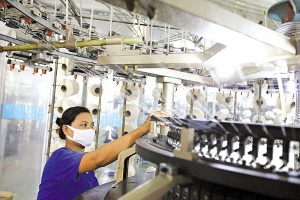 | Government to divest 141 state-owned enterprises by 2025 The government plans to divest 141 state-owned enterprises in the 2022-2025 period to speed up the pace of equitisation and divestment post-COVID. |
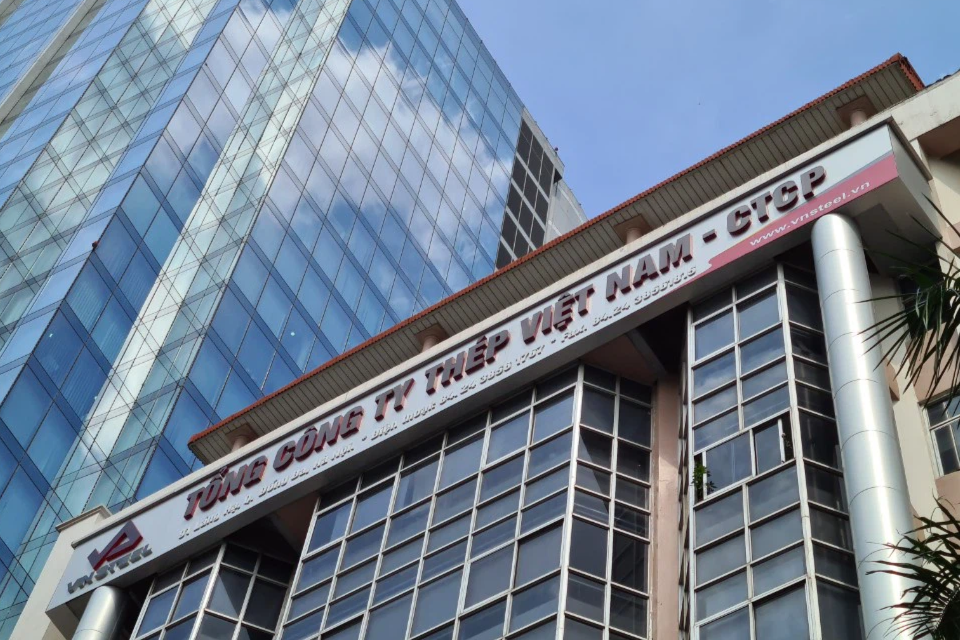 | Restructuring of Vietnamese SOEs marred by significant asset valuation missteps On July 9, the Vietnamese Government Inspectorate published a report that reveals deep-seated irregularities in the restructuring of state-owned enterprises (SOEs) supervised by the Ministry of Industry and Trade, spanning from 2011 to 2017. |
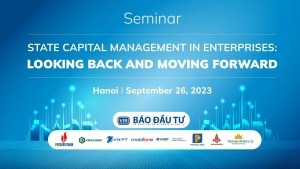 | VIR and CMSC to co-host forum on state capital management VIR will co-organise a seminar titled 'Looking Back and Moving Forward' with the Commission for the Management of State Capital at Enterprises (CMSC) on September 26. |
What the stars mean:
★ Poor ★ ★ Promising ★★★ Good ★★★★ Very good ★★★★★ Exceptional
Related Contents
Latest News
More News
- Ho Chi Minh City launches plan for innovation and digital transformation (February 25, 2026 | 09:00)
- Vietnam sets ambitious dairy growth targets (February 24, 2026 | 18:00)
- Masan Consumer names new deputy CEO to drive foods and beverages growth (February 23, 2026 | 20:52)
- Myriad risks ahead, but ones Vietnam can confront (February 20, 2026 | 15:02)
- Vietnam making the leap into AI and semiconductors (February 20, 2026 | 09:37)
- Funding must be activated for semiconductor success (February 20, 2026 | 09:20)
- Resilience as new benchmark for smarter infrastructure (February 19, 2026 | 20:35)
- A golden time to shine within ASEAN (February 19, 2026 | 20:22)
- Vietnam’s pivotal year for advancing sustainability (February 19, 2026 | 08:44)
- Strengthening the core role of industry and trade (February 19, 2026 | 08:35)

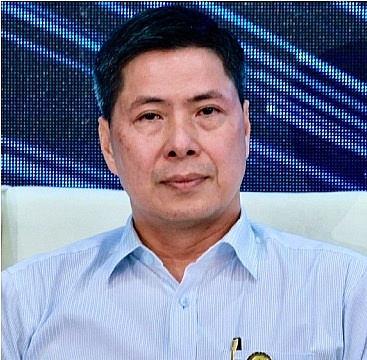
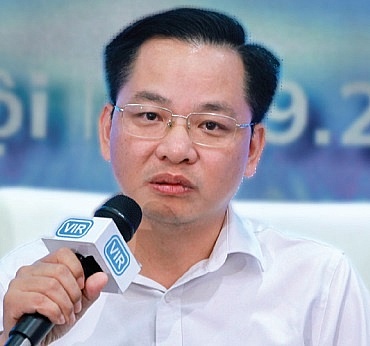
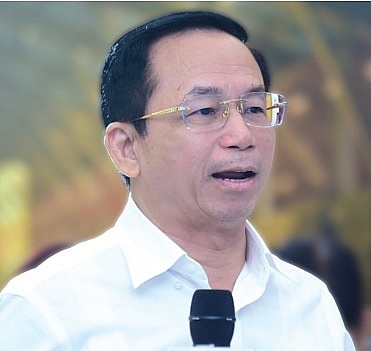
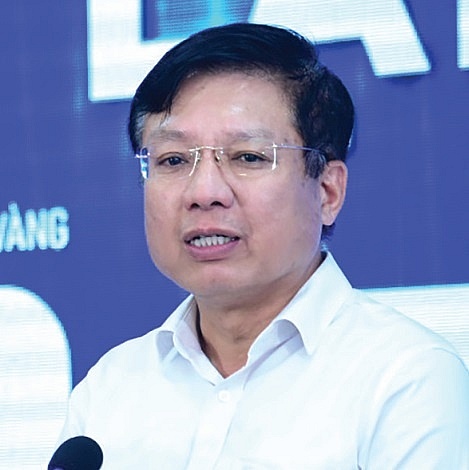
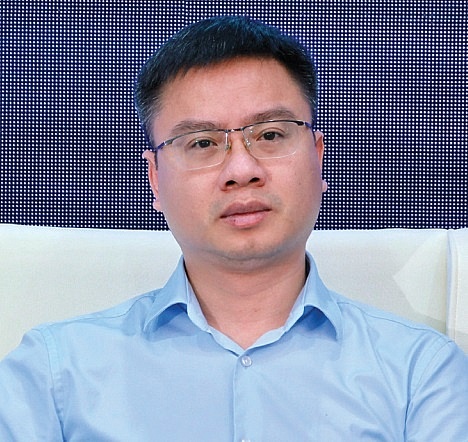
 Tag:
Tag:



















 Mobile Version
Mobile Version